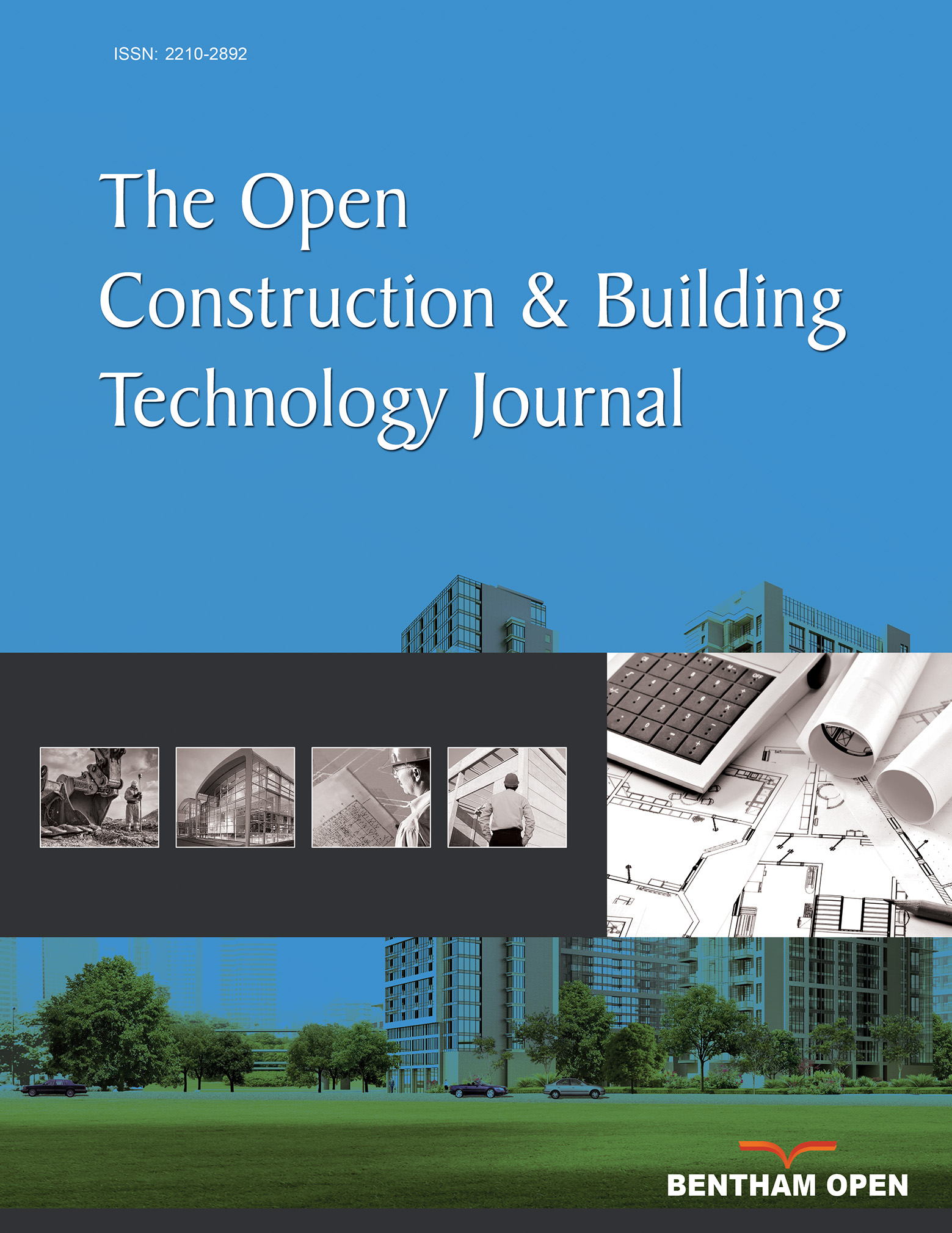All published articles of this journal are available on ScienceDirect.
Assessing the Post-Earthquake Temporary Accommodation Risks in Iran Using Fuzzy Delphi Method
Abstract
Background:
The process of temporary accommodation after an earthquake is one of the most important issues in crisis management.
Objective:
This research study attempts to identify and prioritize the key risks inherent with the post-earthquake temporary accommodation process in Sanandaj, Iran using the Fuzzy Delphi method.
Methods:
To achieve this goal, first, we examined the previous research on the issue of temporary accommodation after earthquakes and other disasters worldwide in order to determine the current important challenges. Then, the opinions of crisis management experts in 11 areas and 94 questions in the form of Fuzzy Delphi survey questionnaire with Five-point Likert measurement scale were used to rank these challenges. The Delphi panel participants, who responded to the Fuzzy Delphi questionnaire, consisted of 18 experts related to crisis management in executive organizations of Kurdistan province.
Result:
After performing the steps of the fuzzy Delphi method, a basket of important risks in the temporary accommodation process were identified qualitatively and quantitatively, and were prioritized in order of relevance and significance. The results showed that climatic challenges have the highest potential of post-earthquake temporary accommodation risk in the region among of the 11 major risk areas under examination.
Conclusion:
The study’s findings and recommendations can serve as a policy instrument and consultative toolkit for relevant stakeholders.


